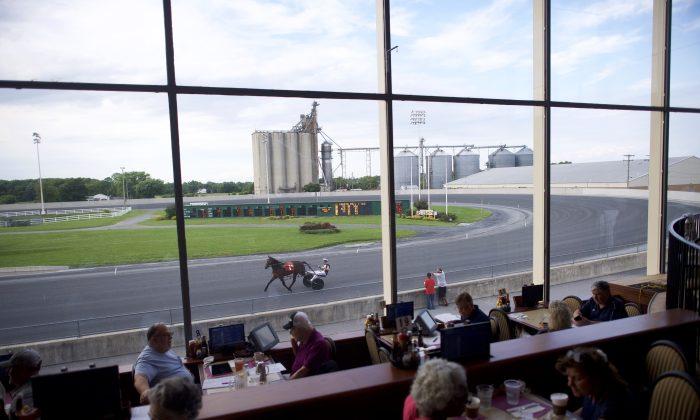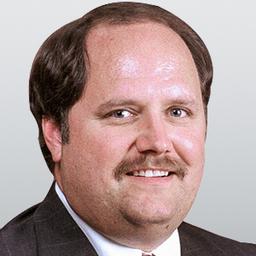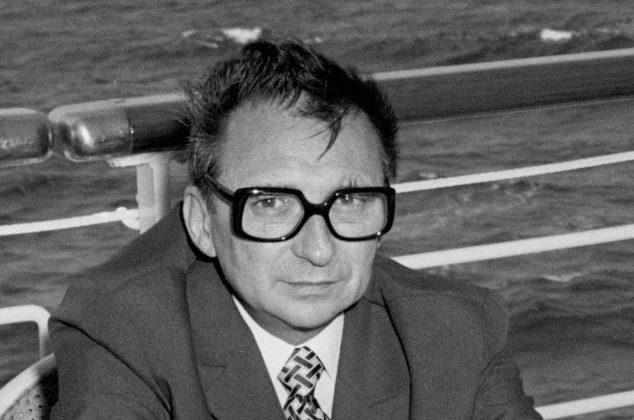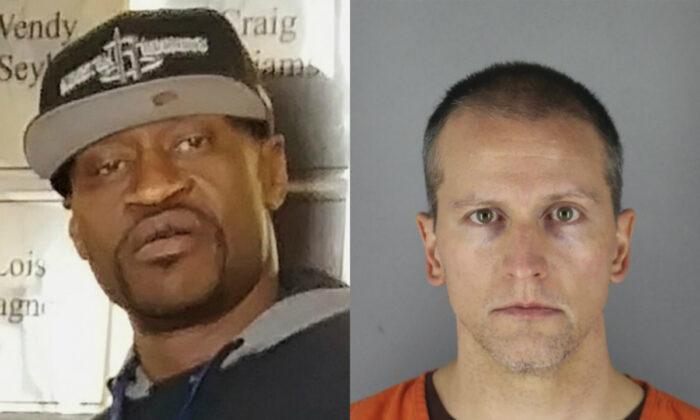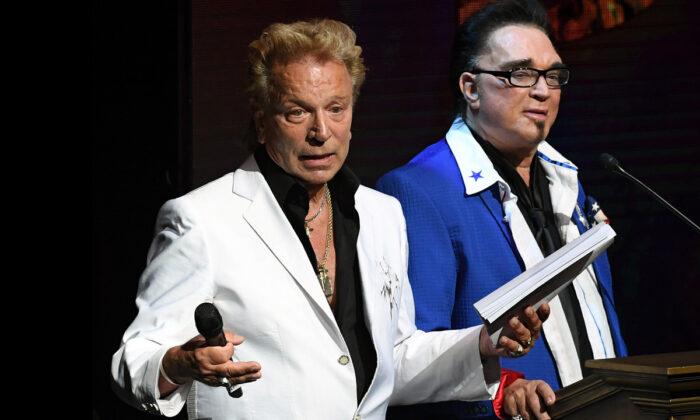With autumn upon us, football season has again swept across the United States. Coaches and fans are analyzing traditional things such as quarterbacks’ arms, receivers’ speed, and linemen’s size. The debate over taking a knee at the National Anthem seems not to have dissipated; a new Nike ad may even have exacerbated the matter.
There is, however, a brand-new issue: Nevada casinos no longer have a monopoly on betting on the games. That could have some interesting effects on the nation.
Betting on sports is a well-established American tradition. Going to a professional baseball game in the 1800s wasn’t that different from going to a racetrack today. Gambling was part of the experience.
The American League of Professional Baseball Clubs was founded in part to help rid the sport of gambling—until it became clear that in order to break into the New York market, the franchise would have to go to a pair of notorious gambling operators.
The scandal that pretty much ended legal sports gambling was when the 1919 Chicago White Sox threw the World Series to the Cincinnati Reds, causing that team to evermore be known as the Black Sox. That led to the creation of the office of the Commissioner of Baseball and strict rules that spread to other professional and college sports leagues.
The Law
Gambling is traditionally a matter of state law, and for a long time, Nevada had the only legal gambling in the nation. Federal law prevented bets from being placed over telephone lines from other states, so the bets had to be made in person. Even today, if you bet on sports online, you are almost certainly breaking the law.In 1992, Congress tried to stop legal sports betting from spreading beyond Nevada. It passed the Professional and Amateur Sports Provision Act (PASPA), which made it unlawful for states to sponsor, operate, advertise, promote, license, legalize, or authorize sports betting.
One of PASPA’s foremost spokesmen was former Sen. Bill Bradley (D-N.J.), a former basketball star for Princeton University and the New York Knicks.
A grandfather clause let Nevada keep its sports book. Montana, Delaware, and Oregon also were allowed to continue the limited forms of sports lotteries they had already authorized. Other states had a very short period of time to legalize gambling, or they would be foreclosed from doing so by federal law. New Jersey legislators tried to amend the state’s laws, but that didn’t get done in time.
That set up litigation that went on for years. The case was at first known as Christie v. National Collegiate Athletic Association (NCAA), but when it was finally decided by the U.S. Supreme Court this past May, it was called Murphy v. NCAA.
In it, the court ruled that PASPA violated the “anti-commandeering principle” enshrined in the 10th Amendment to the Constitution, which provides that Congress may not compel states to legislate as it dictates.
Repercussions
Murphy v. NCAA didn’t make gambling on sports legal everywhere, but it let states decide for themselves. States that have acted on the new opportunity include New Jersey, New York, West Virginia, Pennsylvania, and Mississippi. These early-moving states have stumbled through some difficult issues that other states should study closely.There is, of course, the big question of whether to authorize sports betting at all.
There are still two states that completely prohibit all gambling: Utah and Hawaii. Every other state has at least some form of legal gambling.
The likelihood is that most states will move toward sports betting, if for no other reason than to compete with illegal gambling and neighboring states (and get the tax revenues). New laws could open up a market estimated to be worth from $2 billion to $5.8 billion in annual gross revenues within five years.
Speaking of taxes, states will have to decide upon the rate. Nevada has long set its taxation rate at just under 7 percent. Mississippi opted to treat its sports book like all other legal gambling and impose an 8 percent state tax (a local tax may be added). Pennsylvania, however, decided to double its normal tax rate and collect a 36 percent effective tax, as well as a $10 million licensing fee.
College Sports
States also have to decide whether to take bets on local college teams. For a long time, Nevada casinos didn’t accept bets on college teams from within that state. Now, they do. As you might imagine, university officials are very concerned about the risks associated with legal gambling on their teams’ games.Several colleges and all of the major professional leagues have made pitches for an “integrity fee.” They want roughly 1 percent of the bet to fund additional training and safety measures to keep the games clean. So far, it looks like states are resisting. After all, they argue, illegal betting has been a concern for years. What new programs are necessary today?
Interestingly, the NCAA hasn’t joined in the request for integrity fees, standing instead on its longstanding opposition to any sports gambling.
NCAA anti-gambling rules, however, may make things difficult for the schools. Those rules impose sanctions on athletes or employees of athletic departments who place bets (even legal ones) on any sport that is regulated by the NCAA, including professional leagues. That means that if the university’s star linebacker places a bet on an NBA game, he can render himself ineligible.
Specialty or “prop” bets may be interesting, but they also present great dangers. Consider, for instance, a bet as to whether a basketball player will make his or her first free throw or whether a kicker will make at least three field goals.
Bets like this can be made while the game is in progress, which casinos like, but they also put individual players in situations where they can determine the outcome of the bet. In other words, a player can intentionally miss, which means he or she can be put into vulnerable places.
In Mississippi, the universities negotiated with the state gaming commission to see that such bets wouldn’t be authorized for college sports.
Another key issue is whether states will authorize remote betting via an app, and if so, whether they will require in-person registration at casinos (as is the case in Nevada) or permit remote registration (as they have in the UK).
There is also a question as to whether bets will be accepted from anywhere in the state (as contemplated in West Virginia) or just from on casino property (which is the rule in Mississippi). If prop bets can be placed on a phone from any location in the state, gamblers will have many convenient opportunities to bet, even when they are at the game itself.
